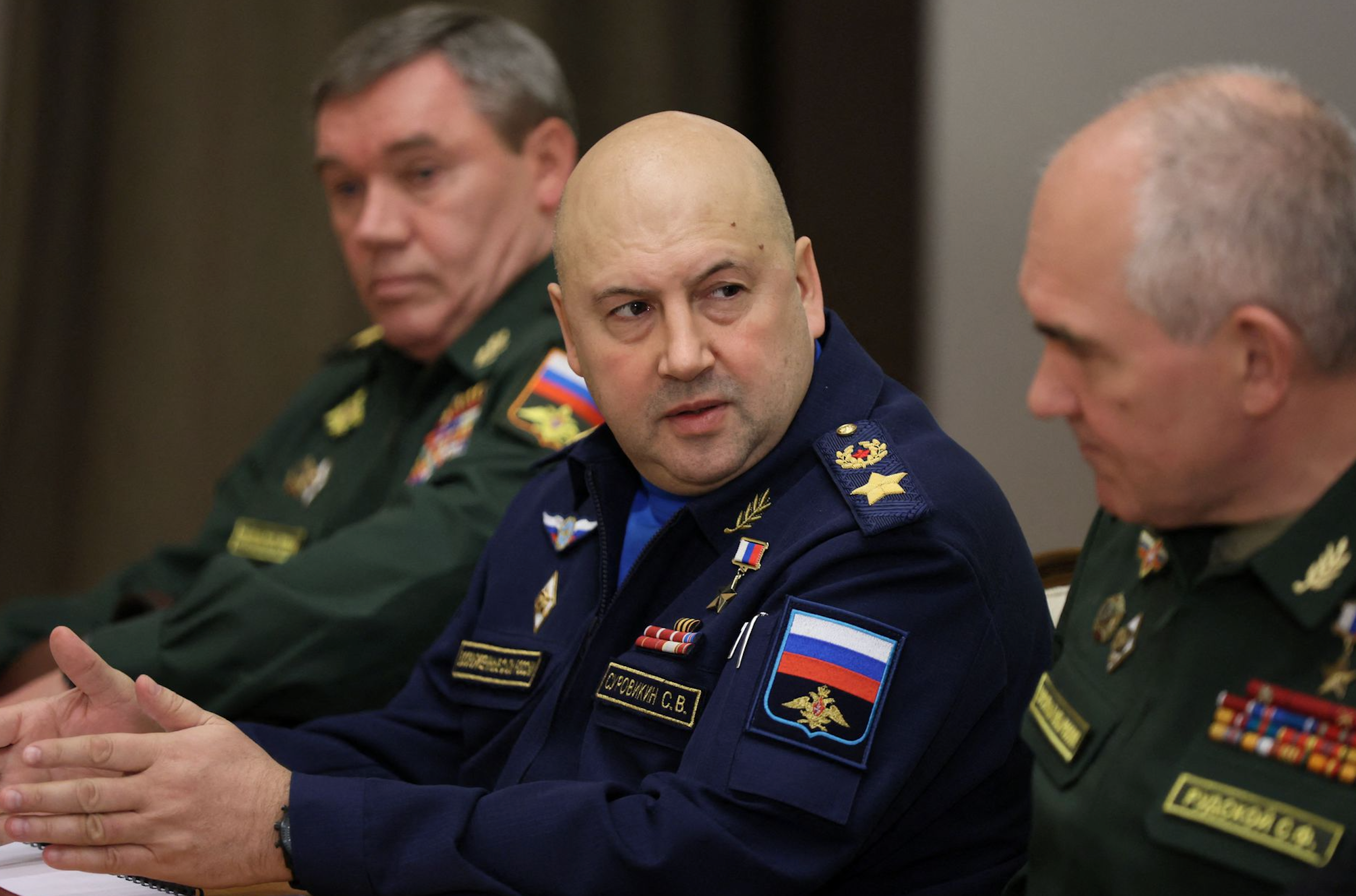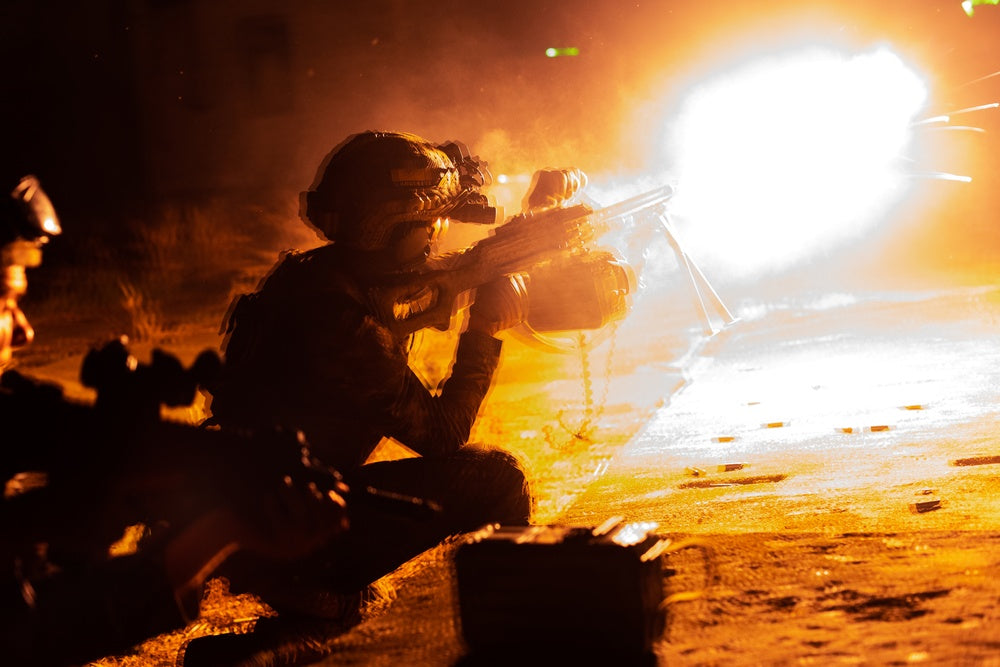
Russian General Surovikin knew about Prigozhin's plans, New York Times reports
PHOTO CAPTION: Commander of Russia's Aerospace Forces Sergei Surovikin, Chief of the General Staff of the Russian Armed Forces Valery Gerasimov and Head of the Main Operational Directorate of the Armed Forces' General Staff Sergei Rudskoi attend a meeting with President Vladimir Putin in Sochi, Russia, November 3, 2021. Sputnik/Mikhail Metzel/Pool via REUTERS
(Reuters) - General Sergey Surovikin, the deputy commander of Russia's military operations in Ukraine, had advance knowledge that the mercenary chief Yevgeny Prigozhin was planning a rebellion against Moscow's defence officials, the New York Times reported on Tuesday.
The newspaper cited U.S. officials briefed on U.S. intelligence regarding the matter, and reported that the officials were "trying to learn if Gen. Sergey Surovikin, the former top Russian commander in Ukraine, helped plan Mr. Prigozhin's actions last weekend."
Prigozhin flew into exile in Belarus on Tuesday under a deal that ended a brief mutiny by his Wagner fighters over the weekend, as President Vladimir Putin praised his armed forces for averting a civil war.
The New York Times reported that American officials also said there were signs that other Russian generals also may have supported Prigozhin.
Reuters could not independently verify the report.
The Pentagon did not immediately respond to Reuters' request for a comment. The Kremlin and the Russian defence ministry also did not immediately reply to Reuters' queries.
Surovikin, nicknamed "General Armageddon" by the Russian media, had been put in overall charge of Ukraine operations in October. But in JanuaryRussian Defence Minister Sergei Shoigu appointed Chief of the General Staff Valery Gerasimov to oversee the campaign, with Surovikin staying on as his deputy.
Before launching the mutiny, Prigozhin had raged against both Shoigu and Gerasimov, blaming them for the campaign's failures and the army's lack of support for Wagner fighters.
Surovikin urged the Wagner group to give up their opposition to the military leadership and return to their bases just before Prigozhin led his fighters on a so-called "march for justice". Having set off from the southern Russian city of Rostov-on-Don over the weekend, Prigozhin aborted the march within 200 kilometres (125 miles) of Moscow.
(Writing by Lidia Kelly; Additional reporting by Eric Beech; Editing by Simon Cameron-Moore)









